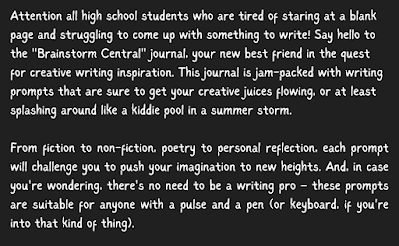Go to a museum or art gallery: Visiting a museum or art gallery can be a unique and educational experience. You can learn about different cultures, history, and styles of art. Spend time discussing your favourite pieces and what they mean to you. This type of date is great for sparking conversations and learning more about each other's interests.
Take a cooking or baking class together: Taking a cooking or baking class can be a fun and interactive way to bond. You'll learn new skills and techniques, and have the opportunity to enjoy the fruits of your labor at the end of the class. This type of date is great for foodies or those who enjoy hands-on experiences.
Go for a hike or explore a new park: Getting outside and
exploring nature can be a refreshing and invigorating experience. Choose a new
trail or park and spend time taking in the sights and sounds of your
surroundings. This type of date is great for those who enjoy being active and
appreciate the beauty of nature.
Volunteer together: Volunteering together can be a rewarding and meaningful experience. Choose a cause that you're both passionate about and give back to your community. This type of date is great for those who have a strong sense of social responsibility and enjoy working together to make a difference.
Visit a local arcade or amusement park: An arcade or amusement park can be a fun and nostalgic experience. Play games, go on rides, and enjoy the sights and sounds of the park. This type of date is great for those who are looking for an exciting and playful experience.
Take a dance or yoga class: Taking a dance or yoga class can be a fun and physical experience. Learn new moves, get active, and enjoy each other's company. This type of date is great for those who enjoy trying new things and staying active.
Have a picnic in the park: A picnic in the park can be a relaxed and intimate experience. Pack a lunch, find a quiet spot, and enjoy each other's company. This type of date is great for those who appreciate a more low-key experience and enjoy spending time together in a relaxed setting.
Play a round of mini-golf or try a new sport: Trying a new sport or playing mini-golf can be a fun and light-hearted experience. Challenge each other, have fun, and get active. This type of date is great for those who enjoy friendly competition and keeping active.
Again, remember that the most important thing is to spend quality time together and enjoy each other's company, regardless of the activity.

